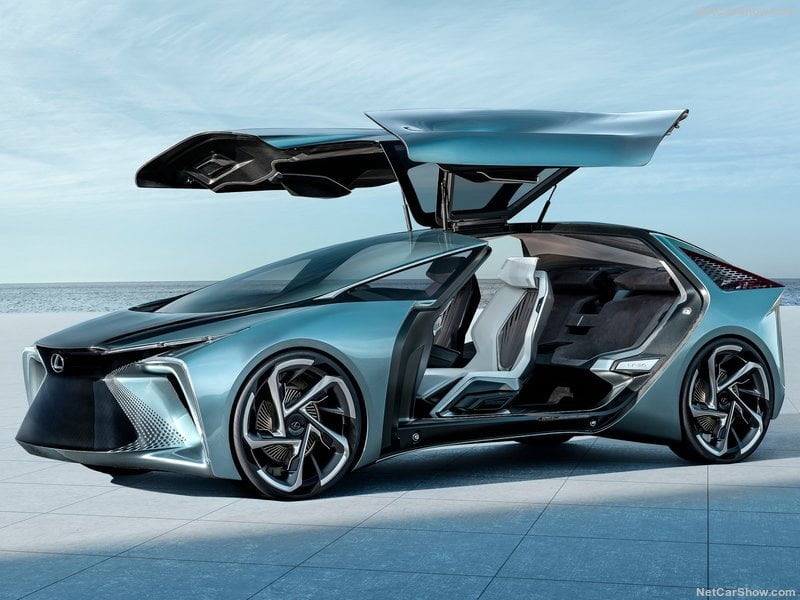Japan Auto Market in 2019 was marginally negative. Total sales have been 5.18 million, down 1.6% from the previous year. The three top brands, Toyota, Honda and Nissan held 70.8% of the market, but importers were progressively growing.
Economic Environment
Japanese economy grew faster than initially estimated in the third quarter, according to a second GDP release. The improvement was due to upgraded estimates for the domestic economy, notably fixed investment. The external sector, however, continued to flag, likely weighed on by trade tensions with Korea and between the U.S. and China.
Turning to the fourth quarter, economic activity appears to be waning given the PMI measuring private sector activity fell into contractionary territory in October and remained stuck there through December. Activity is likely being subdued by the sales tax increase from 8% to 10% that took effect in October; Typhoon Hagibis, which hit Japan in October; and continued trade tensions.
Market Trend
The Japanese vehicles market is the third in the World with an annual volume oscillating in the last decade between 4.9 and 5.5 million units and with 2017 and 2018 ended at 5.25 million.
In 2019, according to the data released by the JADA, JAMA and JAIA, the total vehicles (including HCVs and Bus) were marginally negative.
Indeed, Total sales have been 5.18 million, down 1.6% from the previous year.
The market was dominated by three local brands, Toyota, Honda and Nissan holding a combined share near 70%. However, their share was 74% in the 2014 and 79.5% in the 2010.
They are losing share in favor of imported brands, with Mercedes at 2.4%, BMW at 1.7%, Volkswagen 1.7%, Mini at 0.9% and Audi at 0.9%.
Tables with sales figures
In the tables below we report sales for all Brands, top 10 Manufacturers Group and top 10 Models.











